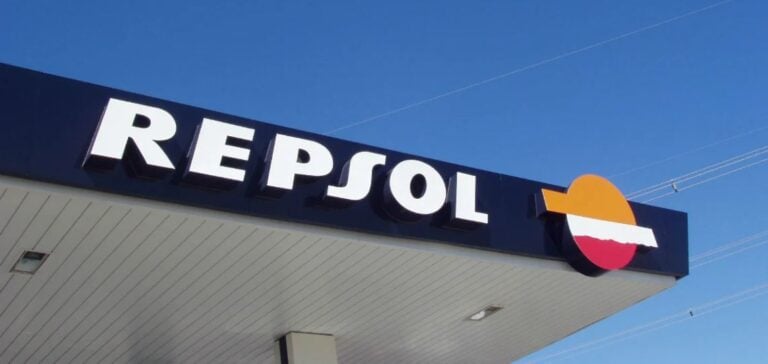For the first quarter of 2024, Repsol posted a net profit of 969 million euros, down from 1.11 billion euros for the same period last year. Adjusted earnings, which more accurately reflect operating performance, also fell by 33% to 1.27 billion euros. This decrease is mainly due to the 32% fall in gas prices, while oil prices rose.
Increased investment in renewable energies
In its transition to a more diversified energy model, Repsol has increased its investments, allocating 2.13 billion euros over the last three months. Half of this sum was allocated to the development of renewable energies. The company has also begun producing decarbonated fuel at its Cartagena plant.
Decarbonization commitments and controversies
Repsol is committed to investing between 16 and 19 billion euros between now and 2027, with 60% of these investments planned in the Iberian Peninsula and 35% in low-carbon projects. However, these commitments have led to tensions with the Spanish government, with Minister for Ecological Transition Teresa Ribera accusing the company of “greenwashing”.
Repsol defends itself against criticism
Josu Jon Imaz, CEO of Repsol, vigorously defended the company’s traditional activities while emphasizing its decarbonization efforts. He questioned the implications of government criticism for employment, pointing to the 28,000 jobs created by Repsol’s refineries in Spain. Imaz asserted that industry is essential for decarbonization, and that Repsol will continue to transform its facilities to maintain industrial employment in Spain.
The first quarter was difficult for Repsol due to market challenges and strategic investments in renewables. Debates with the government highlight the challenges of balancing economic growth and environmental responsibility.






















